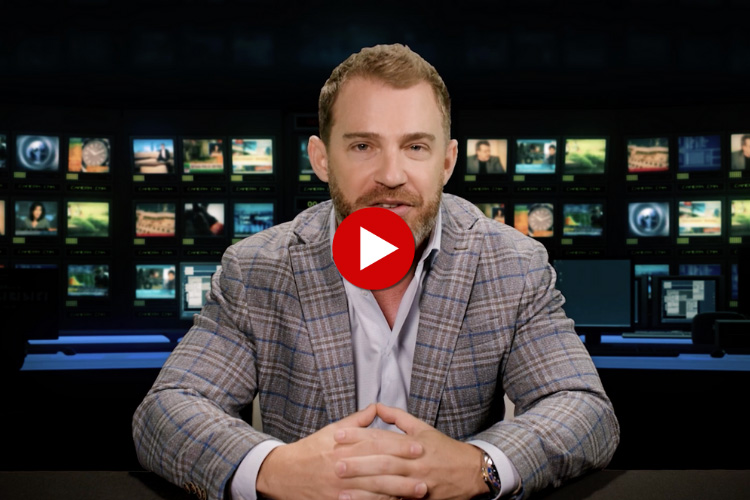For the majority of beginners, Futures Trading Education can seem confusing — especially when compared to options trading. In order to understand what exactly futures trading is, it’s equally important to learn about options. You’ll then be able to differentiate between the two based on their key advantages.
Future and options trading are two kinds of contracts that are known in the industry as derivatives. They both derive their values through their fundamental assets. The optimal profits and losses on these contracts are determined by certain price activities, such as stocks, bonds, currencies, commodities, and stock indexes.
Although both share similarities, there are significant differences that impact their profiles in the reward and risk levels. Options and futures trading both permit an investor to purchase investments at a particular value and this must be bought within a specific timeframe. Their markets, however, vary in multiple ways. This includes how they function and the amount of risk they provide to an investor.
Fundamentals of Options Trading
When we trade with options, we’re given the right but aren’t obligated to buy or sell an underlying asset at a specific value prior to its expiration date. The premise is simple, the price of an option changes at the same time as underlying stock prices change. It should also be noted that there are two types of options:
- Call options: These give investors the right to procure an underlying asset. As the asset price increases, so does its value.
- Put options: These allow investors to sell at a specific price, and its value increases just as the price decreases on the underlying asset.
Advantages of Options
- They’re less risky than futures because the premiums or potential losses are made clear beforehand.
- They’re less expensive since the margins are much smaller in comparison.
- Investors have better leverage since they can control the amount that they choose to use.
- A futures contract doesn’t have any premiums and its leverage will be based primarily on the requirements of the margin.
- There’s better flexibility because long position options have no obligations to act on their options.
Fundamentals of Futures Trading
Whenever a futures contract is settled physically, it instantly obligates a buyer to accept and for the seller to make the delivery of the specific underlying asset quantity. This happens on a specified date and location.
There are some contracts that are settled financially and not physically. These Futures Trading contracts don’t entail the delivery of the underlying asset. Instead, they follow the same rules in daily pricing used for futures that are settled physically. All futures contracts are cash-settled each day, meaning that the gains and losses of a futures exchange are apportioned to the trader’s accounts at the end of each trading day.
Benefits of Futures
- There’s no premium to pay for, which saves investors money.
- There’s more control over the asset, making it more efficient for large traders since it eliminates the need to buy multiple contracts and pay for several premiums.
- The daily cash settlement cuts down the gains and losses into installments each day. This means more access to profits for gainers, while the losers can simply focus on maintaining or terminating their position daily.
The Key Takeaway
It can be challenging to add either an options or futures contract to our portfolio — and not to mention risky. We see nothing wrong in opting to be more conservative with our trading strategies for both options and futures contracts. This is a good rule of thumb that helps limit the loss of large capital.






5 Comments
June 20, 2021 @ 1:26 am
Hey Josh. I learned a lot from you about Forex Trading so why are you doing options now?
July 20, 2021 @ 10:40 pm
Hey Eric. Thanks for dropping us a note. The forex market, like the stock and futures market has great opportunities. Our research has lead us to an abundance of opportunities in the markets we are currently focused on. If you’re interested, we’d love the opportunity to offer you research on the markets and opportunities we are currently watching! We look forward to working with you!
June 27, 2021 @ 12:15 pm
Hi,
I would like to get some ideas for Options trading. Let me know whether you give some ideas.
Kind regards,
July 20, 2021 @ 10:19 pm
Hi Chowdhury. Thank you for leaving us a comment. Some of our services we offer do include option trade ideas, not every trade has an option available and sometimes the option isn’t the better play for a particular trade. But if the trade idea we issue does have an option and we feel it’s fitting for the objective at hand, we include it within the research we share with our students.
November 23, 2021 @ 2:46 am
Is it better Futures than Forex? i may not need so much marging like trading stock options